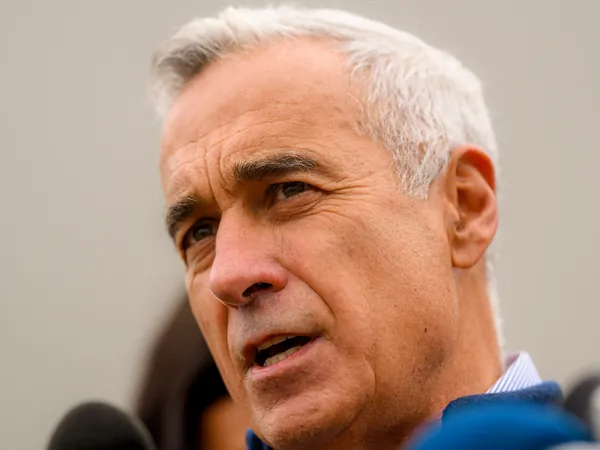
Meet Calin Georgescu: The Dark Horse in Romania's Presidential Race
2024-11-25
Author: Benjamin
In a stunning turn of events in Romania's political landscape, Calin Georgescu, an independent candidate with a controversial past, has shocked the nation by securing the lead in the first round of the presidential election held on Sunday. With 23% of the votes and a defiance of pre-election projections, Georgescu's next challenge will be a run-off against the second-placed candidate.
This election has ignited debate across Romania, with 9.4 million people participating, reflecting a voter turnout of 52.4%. Contrary to expectations set by opinion polls, which suggested Georgescu would garner only 5.4% of the vote, he has emerged as a formidable contender, pushing aside prominent political figures, including Prime Minister Marcel Ciolacu and Elena Lasconi of the Save Romania Union party.
Who is Calin Georgescu?
At 62 years old, Georgescu's trajectory has been anything but conventional. Once a member of Romania’s far-right opposition alliance, he has since distanced himself and runs as an independent. His previous affiliations with the Alliance for the Unity of Romanians (AUR) raised eyebrows, especially after his departure during conflicts over foreign policy stances regarding Russia and NATO. Notably, he has expressed admiration for Russian President Vladimir Putin, calling him one of the few true leaders worldwide, which aligns him with a rising sentiment that challenges EU and NATO narratives.
Georgescu’s professional background is layered; he holds a doctorate in soil science, has served within Romania’s Ministry of Environment, and was a special rapporteur for the United Nations. His unique blend of academic and political experience, complemented by a strong social media presence—particularly on TikTok—has enabled him to resonate with disillusioned voters seeking an alternative to established parties.
Victory through Protest?
Despite his unexpected success, experts caution against interpreting Georgescu's rise as a broad endorsement of his candidacy. Observers suggest his votes largely stemmed from discontent with the current political elite. Many of his supporters may be unaware of his controversial remarks regarding Russia, which actually alienate a portion of the electorate. Instead, his message has thrived among those feeling marginalized by traditional parties, particularly the embattled Ciolacu, whose administration faces corruption allegations.
Georgescu's appeal appears particularly strong among the diaspora, as his narrative suggests a more inviting Romania for those considering a return from abroad. His dynamic TikTok campaign, where he discusses the everyday challenges faced by Romanians, has drawn significant engagement, boasting millions of likes and fostering a perception of him as a relatable, down-to-earth candidate.
What Lies Ahead?
The upcoming run-off election slated for December 8 is set to be highly competitive. Georgescu's opponent will either be the current Prime Minister Ciolacu or Lasconi, both of whom are seeking to consolidate their bases amidst a backdrop of controversy for Ciolacu and a push for a more NATO-compliant stance from Lasconi. Regardless of the setting, Georgescu's journey to victory may be hindered by a lack of a traditional campaign infrastructure and clear policy proposals.
On the broader European front, this election comes amid a rising tide of far-right movements across the continent, signaling a potential shift in political norms. Observers like Dorit Geva warn of the implications such shifts may have for policies on migration and the European Union's power dynamics.
Romania stands at a pivotal moment not just in its own history, but also in the larger context of European politics. As the interplay between nationalism and democratic governance continues to evolve, all eyes will be on the outcome of the run-off and the lessons it may impart for other nations facing similar crossroads.

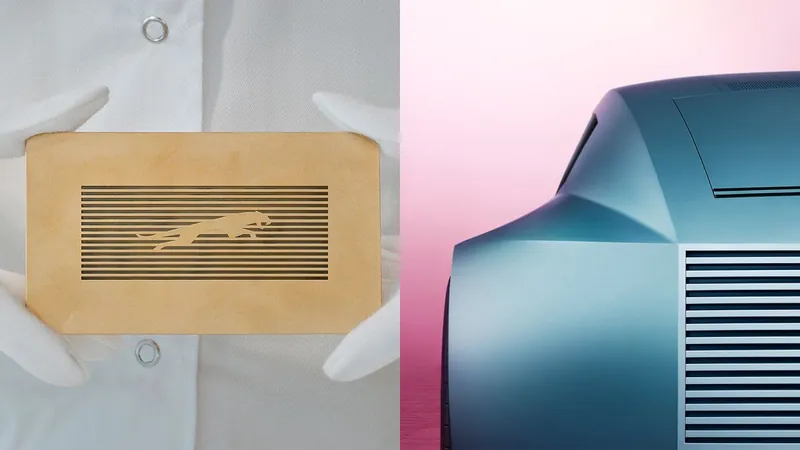

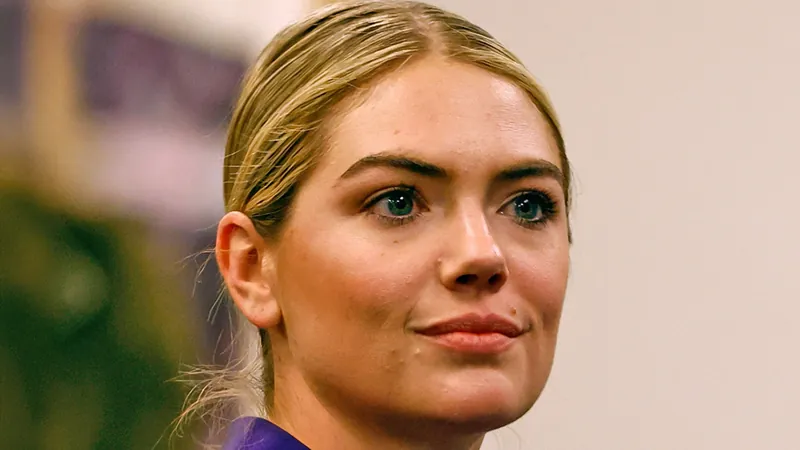


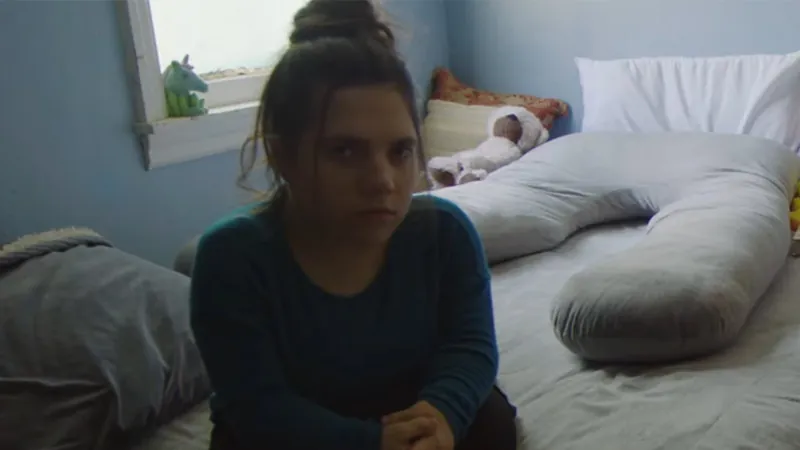
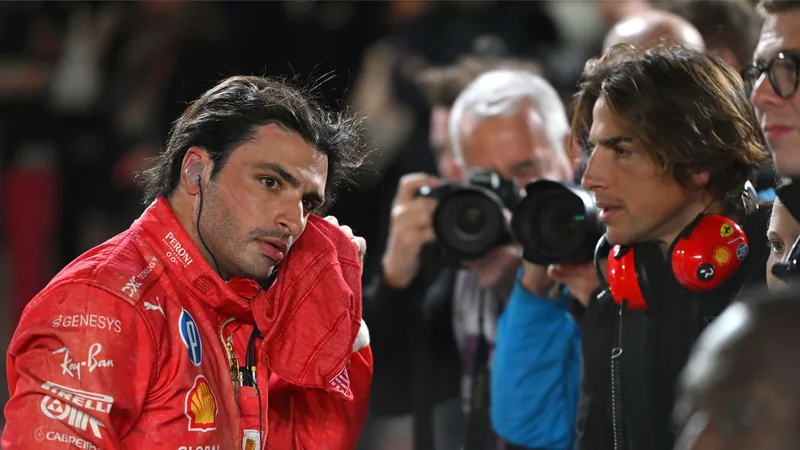
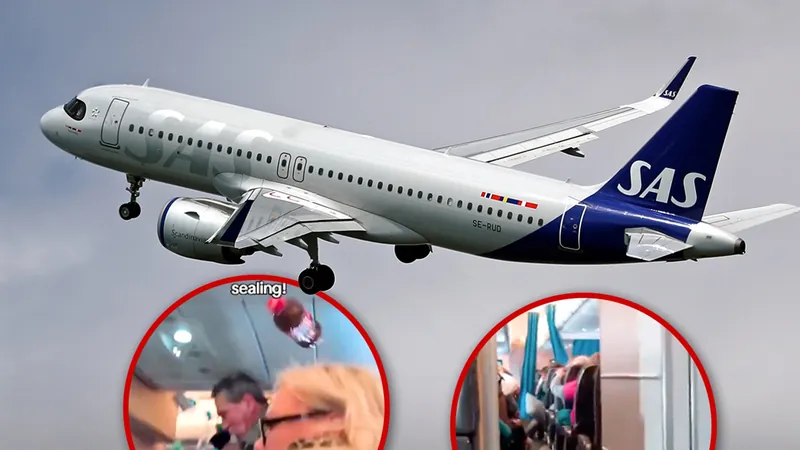
 Brasil (PT)
Brasil (PT)
 Canada (EN)
Canada (EN)
 Chile (ES)
Chile (ES)
 España (ES)
España (ES)
 France (FR)
France (FR)
 Hong Kong (EN)
Hong Kong (EN)
 Italia (IT)
Italia (IT)
 日本 (JA)
日本 (JA)
 Magyarország (HU)
Magyarország (HU)
 Norge (NO)
Norge (NO)
 Polska (PL)
Polska (PL)
 Schweiz (DE)
Schweiz (DE)
 Singapore (EN)
Singapore (EN)
 Sverige (SV)
Sverige (SV)
 Suomi (FI)
Suomi (FI)
 Türkiye (TR)
Türkiye (TR)